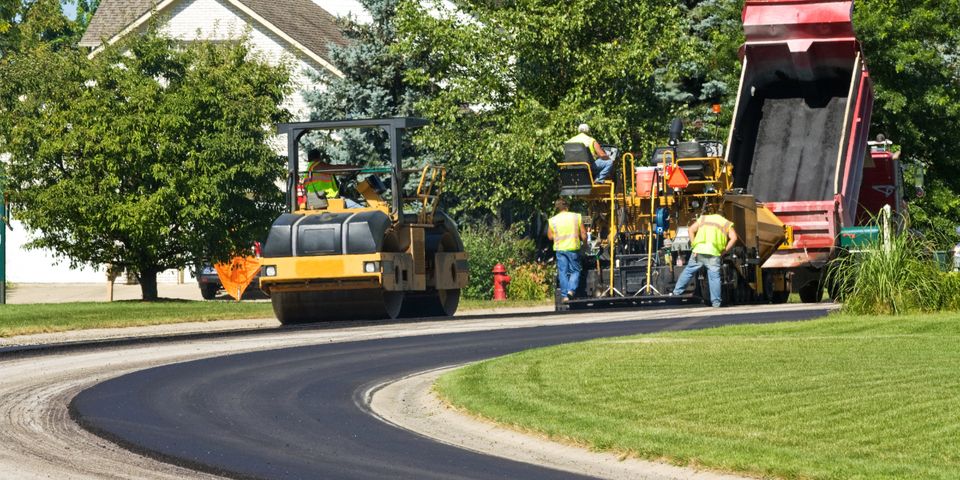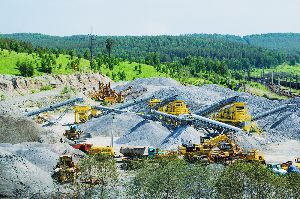3 Differences Between Crushed Stone & Gravel

Crushed stone and gravel are commonly used in construction projects, ranging from driveways to office buildings. While their names are used interchangeably, they are very distinctive and have varying uses. Learning the differences between the two products will help increase the quality of your next project.
How Do Crushed Stone & Gravel Differ?
1. Creation
Crushed stone is a manufactured aggregate product that's mined in quarries and placed into a crushing machine. Supply companies usually derive crushed stone from dolomite, gravel, and limestone. They're very common, making mining inexpensive. They're also highly durable and have expansive applications.
Gravel is a product of long-term weathering and erosion from streams and rivers. Though suppliers can also mine gravel, they more often source it from these bodies of water, along with gravel pits. Suppliers collect the gravel and crush it using the same machinery as crushed stone.
2. Formation

Crushed stone surfaces are angular and larger at 12 inches or more in diameter. The parameters increase its usefulness in various commercial and residential projects.
Since gravel is naturally weathered, it will have a rounder shape. Once crushed, it will also take on smaller sizes, starting from approximately ¼ to 2 inches.
3. Application
Crushed stone is a manufactured aggregate composed of specifically sourced parent rocks. When produced, the finished material combines the best features of each rock. The angularity also makes crushed stone easier to lock into place through vibrations, tamping, or rolling. This reduces project time and creates a more stable surface due to the durability of the stone.
The crushed angular stone can be used with or without a binder for construction and building purposes, including:
- As a base or sub-base for roads, pavers, and driveways.
- As construction fill.
- As ballast beds to provide traction during railroad track development.
- As part of a cement, concrete, or asphalt mix.
- As part of drainage systems.
- As part of residential or commercially-built retaining walls.
Gravel's application is more aesthetic, given its shape, size, and light colors. Often, contractors will use it for decorative landscaping or in minor drainage projects. While both materials have their uses, crushed stone is often preferred. It has broader applications, superior durability, a simple installation process, and is more affordable.
The construction industry has long relied on the materials provided by The L. Suzio York Hill Companies. This family-owned and operated supplier has been a mainstay in the south-central Connecticut area for over 100 years. They have helped contractors from Hartford to New Haven complete residential and commercial projects with their high-quality concrete, asphalt, and crushed stone products. The company also emphasizes reliability. Their ordering and delivery system is designed to ensure your project remains on schedule. For more information on their services, visit their website. To schedule a delivery, call them at (203) 237-8421.
About the Business
Have a question? Ask the experts!
Send your question

